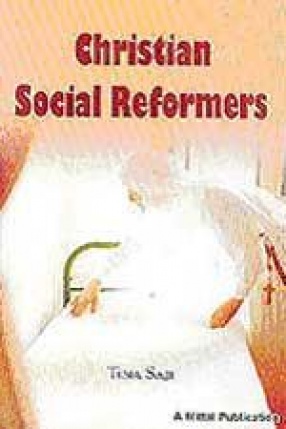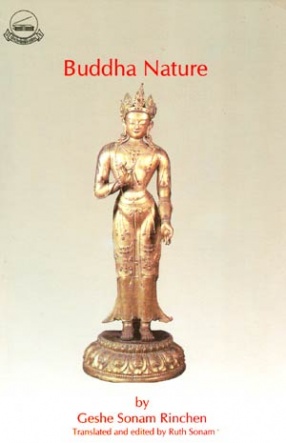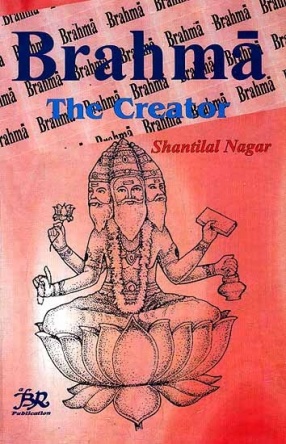The long struggle between the Mediaeval Church and the Mediaeval Empire, between the priest and the warrior, ended, in the earlier half of the thirteenth century, in the overthrow of the Hohenstaufens, and left the Papacy sole inheritor of the claim of ancient Rome to be sovereign of the civilized world. The picturesque religious background of this conception of the Church of Christ as a great temporal empire had been furnished by St Augustine, although probably he would have been the first to protest against the use made of his vision of the City of God. His unfinished masterpiece, De Civitate Dei, in which with a devout and glowing imagination he had contrasted the Civitas Terrena, or the secular State founded on conquest and maintained by fraud an violence, with the Kingdom of God, which he identified with the visible ecclesiastical society, had filled the imagination of all Christians in the days immediately preceding the dissolution of the Roman Empire.
Christian Social Reformers
In stock
Free & Quick Delivery Worldwide
Bibliographic information
Title
Christian Social Reformers
Author
Edition
1st ed.
Publisher
Mittal Publications, 2005
ISBN
8183240089
Subjects





There are no reviews yet.